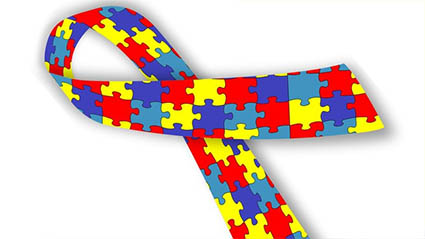ESDM: A Game-changing therapy for autism
1 November 2015

The Early Start Denver Model (ESDM) is an innovative therapy for autism that makes a difference in the treatment of very young patients. The method is now used successfully in Switzerland since 2010, notably in Geneva. An article appearing in the Le Temps newspaper on October 2015 tells us about this exciting method.
ESDM therapy was developed in the United States about 5 years ago and is gaining ground in the rest of the world. This early-intervention approach for autistic children aged 1 to 3 years involves 15 to 18 hours of therapy a week over a 2-year period. Therapy is considered “warm” producing more natural and less *robotic” results than other methods. ESDM issued from the Denver Model, which was devised in the Eighties to establish relationship building in children to allow them to cultivate social-communicative skills.
Two psychologists Sally Rogers and Geraldine Dawson developed this extended model based on relationship-focused, developmental and teaching therapy. They published their first results in 2010 showing that after 2 years of intensive ESDM therapy, young patients showed greater improvement in language abilities, social behavior as well as cognition compared to a control group. Above all, ESDM children showed fewer autism symptoms even two years after therapy had finished.
Professor Stephan Eliez, director of the Office Médico-Pédagogique (Medical-Education Office, Geneva) and member of the Steering Committee of NCCR-Synapsy is one of the pioneers of ESDM therapy in French-speaking countries. He sent one of his psychologists to be trained in the United States and convinced the Swiss authorities to back this approach by authorizing a pilot study in Switzerland. Moreover, he created the Fondation Pôle Autisme to financially support the project.
Two early intervention centers now exist in Geneva, combining current research with specialized consultations allowing recruitment and treatment of young patients. Professor Eliez stresses the importance of early intervention, if possible before age two, as brain plasticity is at its highest then. He advocates pediatrician and daycare staff awareness so that very young patients can be directed to centers where expert help is available. Equally he points out that the parent’s role is crucial; they should be taught necessary strategies to become permanent partners in their child’s therapy.
Article in Le Temps article (FR) >
Translation: Tania Secalin
